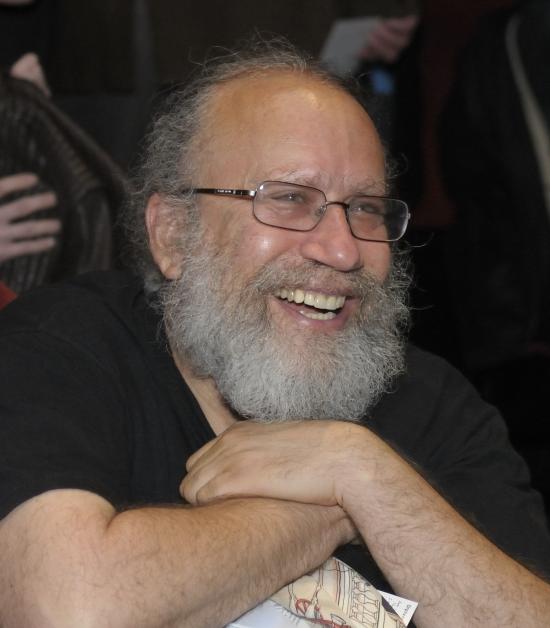Digital Privacy Training
Almost every week the media reports another large-scale digital privacy attack. Most recently reports have focused on election hacking and hospital ransomware, but in the pre-COVID world we heard frequent reports of massive digital privacy attacks on email providers, governmental agencies, universities, political campaigns, health care companies, and other targets. Many individuals recognize data breaches and hacks as an ongoing problem, but only know very few of the steps that they can take to protect their own privacy.
This talk will cover privacy-protection measures taught as part of as the recently ended 3-year $450,000 IMLS-funded project to intensively train librarians to go out into their communities and make those communities more aware of privacy threats, and to train community members in tools and habits that will offer protection against various types of threats. The talk will cover methods for the 4–6 month training of these privacy advocates in techology-based tools, in discourse and advocacy, and in community engagement. It will also discuss the various types of threats, and a variety of tools designed to mitigate some of those threats.
The presentation will highlight activities undertaken by the 100 trained privacy advocates, and show projects they have completed both during and after the training. This includes: guides, training materials, privacy evaluations of library vendors, outreach plans, etc.
The talk will highlight the recruitment methods used to engage over 50% BIPOC as trainees (in a field where less than 17% of professionals are BIPOC). It will also report on the perceived effectiveness of the various instructional methods and delivery systems undertaken, and what topics the trainees felt were most relevant to their constituent communities.
The presentation will also discuss the a new follow-up IMLS grant and the variety of methods it plans to use to sustain the network of privacy advocates.
Ample time will be allowed for an open discussion on general digital privacy issues, instructional methods for teaching privacy, outreach to communities particularly vulnerable to corporate or governmental privacy intrusions, and building cohorts of lifelong learners who continue to collaborate on digital privacy issues.
Starting in Fall 2020, participants must have a Zoom account and be logged in. Sign up for your free account here.
If this is your first time using Zoom, please allow a few extra minutes to download and install the browser plugin or mobile app.
Howard Besser is founding director of New York University’s Moving Image Archiving & Preservation MA Program, professor of cinema studies, and senior scientist for digital initiatives for NYU’s library. His work over the past 35 years has emphasized policy issues (copyright, privacy), technology issues (image and multimedia databases), metadata (Dublin Core, METS, PREMIS), media archiving and preservation (personal digital archiving, museum time-based media conservation), and teaching with technology (distance learning). He has both a Ph.D. and MLIS from South Hall.











